 | This article is also on Substack, for those that prefer reading there. Tl:DR: Many countries have lost their monetary sovereignty in recent years through joining the Eurozone, making the dollar legal tender, or dollarization on an individual citizen level. Everywhere a move is visible towards harder forms of money. Crypto is the final step, a new paradigm where trust in a monetary authority is no longer required. Monetary sovereignty is.. the exclusive authority to control the issuance and retirement of the legal tender (Wikipedia). Simply put: monetary sovereignty, as used in this article, is a country's power to determine a currency's supply, its interest rates, and its exchange rate. The last decades have been a journey towards less and less monetary sovereignty for countries.
Examples of decreasing monetary sovereigntyFrance went from an independent monetary policy, to steering their exchange rate to be relatively stable against the German mark, to joining the Eurozone and losing their monetary sovereignty completely. Germany went from independent monetary policy, to an exchange rate mechanism versus other European countries, to joining the Eurozone and losing its monetary sovereignty completely. Exchange-rate regimes for EU members Ecuador went from an independent monetary policy to a "depreciating peg" against the dollar, to their "sucre" losing value against the dollar completely and Ecuador making the dollar legal tender, thus losing its monetary sovereignty completely. Nowadays, many countries use the dollar, euro, or peg their exchange rate to the euro or dollar in some way, thereby giving up monetary sovereignty to a smaller or larger extent. There are some clear examples of countries still having full monetary sovereignty - the US, Japan, China and Britain come to mind. Cases like Argentina are more interesting. Argentina introduced the ARS in 1992, which was fixed at 1 ARS = 1 USD. The initial idea was that for every ARS there was 1 USD stored in the central bank. This was abandoned in 2001, and changed to a goal of ~2.90-3.10 ARS per USD. After an initial sharp drop in value to 4 ARS per USD (a 75% devaluation) the target peg seemed to work out quite well. However, I had to strongly zoom in for this picture. After 2009, the ARS started losing against the dollar, depreciating from ~3 to ~4 per USD in 2010. That is a 33% value loss in about a year, in USD terms. Unfortunately it was only just getting started. If you're Argentinian, this hurts. People tried to exchange out of the ARS into USD since early on, but this was not always possible. Currency controls) meant that while the rich were generally well able to do so, the broader population wasn't. With increasing access to internet, to crypto, and commensurately more people having more and easier ways to evade currency controls, what we're seeing on that chart is that the ARS' decline in value has sped up, and there seems to be no end in sight. I'm not trying to pick on Argentina (Messi is the greatest football player who ever lived), and the story of loss in value coupled with currency controls is the same for many other countries. See Venezuela, Turkey, India, and Laos. Venezuela, Turkey, India and Laos exchange rates People want to hold a strong currency, and there are only a few strong currencies. Many other currencies might seem stable officially, but have a very active black market with a real exchange rate that is far less favorable to the non-USD currency. Dollar Black Market Seizes Up in Egypt as Devulation Hits Trade Dollar to Naira Black Market Exchange Rate for Today 13th January 2023 Countries like Argentina don't peg to USD, and have an independent monetary policy. In any official classification Argentina would be seen as being a fully floating currency, with independent monetary policy. But its people still try to move away from the ARS, meaning that even without the dollar being legal tender or a hard USD peg, there is bottom-up dollarization. Summarizing: many countries have lost their monetary sovereignty over the past years. Some officially and top-down, some are currently losing it bottom-up. We see very little of the reverse happening. How does crypto fit in to this?The USD, EUR, and JPY have been strong historically. You could rest secure keeping value in them, because the odds of high inflation were low. And those countries defaulting? Yeah, riiight. However - even these central banks don't have a hard monetary policy. Japan has become ultra-loose with their monetary policy. The USD and EUR have seen quantitative easing, and a massive expansion in the supply of money. More fundamentally speaking: these currencies and their central banks are not infallible. The currencies can be printed at will, supply can be expanded. Holding these currencies means trusting that the central bank won't do so excessively.
Do people trust these currencies nonetheless? Yes. They’re large and stable, with a long history.
Even global reserve currencies, generally the strongest currencies among the bunch, are subject to this. This has always been the case. When this happens, people flee to a different currency if they can manage to do so, or to hard assets like gold. It’s what we’re currently seeing in Argentina, Lebanon, and many other countries. This time however might be categorically different. Gold has some clear issues. I’ve gone into this more deeply in the past. In short, gold is not ideal if your country wants to stop you from taking value with you, or if you want to hold small amounts, and might be hard to protect. See for example How the US government seized all citizens’ gold in the 1930s, or more recent examples of people trying to move gold between countries, or even Russia’s gold being “frozen”. Crypto fixes many of these shortcomings, and is able to offer absolute fixed supply. It's very easy to take with you out of a country, to move internationally, easy to protect, and even viable in small amounts. Most importantly, it offers the ultimate stable monetary policy. People swap out of currencies where trust has been broken by the monetary authority, into currencies where this has not happened. Barriers such as seizures and capital controls are thrown up to prevent this, but as the world becomes digitized and internationalised these barriers are weakening.
Rather than people swapping into currencies where trust has not yet been broken, people now have the ability to swap into one where trust cannot be broken because trust is not required. When the monetary policy is set in stone (code), and when no one can change that policy, you change the paradigm. Facebook can promise not to read my messages, but I’d rather have them unable to do so in the first place. Instead of deciding who is less likely to debase your money, with (certain) crypto you know there is no one that can debase your money. It removes the need to trust a specific entity, and replaces it with a code-based guarantee. It’s an exit from a paradigm where trust is required into a self-sovereign paradigm. ConclusionMost countries have been losing their monetary sovereignty over the past decades. This is a long-term trend, which is hampered by capital and information controls, but inevitable given an increasingly international world. Internet makes it harder to control information and value flows, cryptocurrencies make it even more difficult. Given increasingly open and unrestrained information about and competition between different currencies and monetary policies, weaker currencies (such as ARS, TRY, VES) are losing out, while stronger currencies (such as USD, EUR, JPY) gain. However, swapping into a different trust-based monetary policy is an incrementally better decision. Cryptocurrencies insead offer a paradigm shift. Whereas the priority used to be to choose the most trustworthy (or least untrustworthy) central bank, crypto offers a way to not have to rely on trust in the first place. It’s encrypted messages versus trusting a company not to read your messages. In the long run, this seems like a stronger paradigm. When the odds of trust being broken are non-zero, and we have hundreds of years worth of examples of trust being broken, the optimal move is not to assess which entity you can trust more to not debase your money. The optimal move is to change the paradigm, to remove your need to trust a single entity, and to remove the possibility of debasement. For more reading related to this, see for example “Why deflationary money can be both a store of value and a currency”, “On crypto as a store of value”, and “Why Nano may be the ultimate store of value”. [link] [comments] |

You can get bonuses upto $100 FREE BONUS when you:
💰 Install these recommended apps:
💲 SocialGood - 100% Crypto Back on Everyday Shopping
💲 xPortal - The DeFi For The Next Billion
💲 CryptoTab Browser - Lightweight, fast, and ready to mine!
💰 Register on these recommended exchanges:
🟡 Binance🟡 Bitfinex🟡 Bitmart🟡 Bittrex🟡 Bitget
🟡 CoinEx🟡 Crypto.com🟡 Gate.io🟡 Huobi🟡 Kucoin.
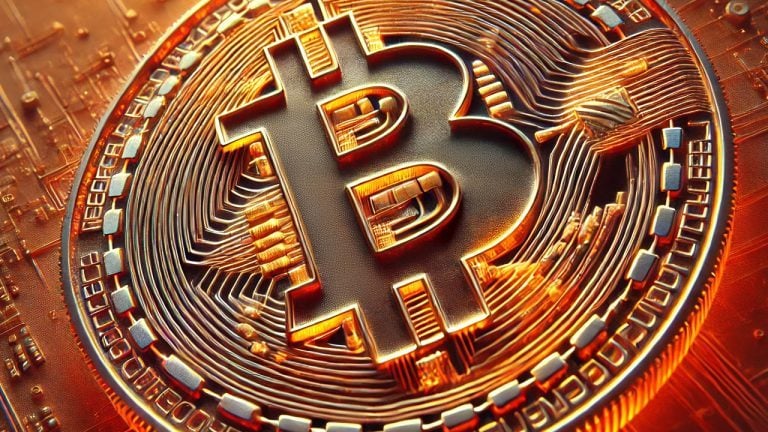


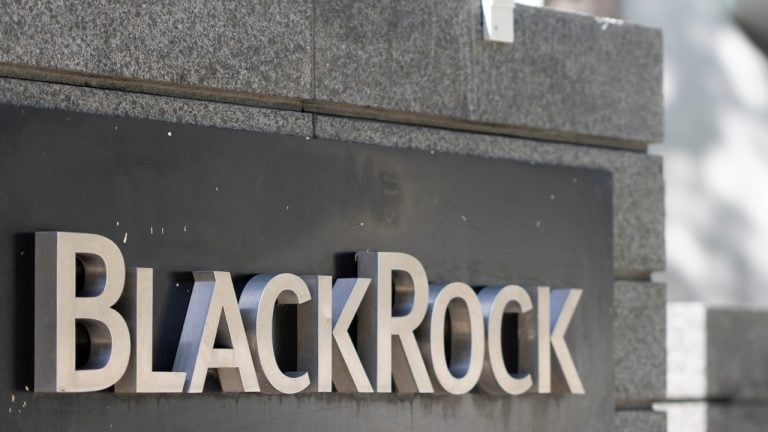
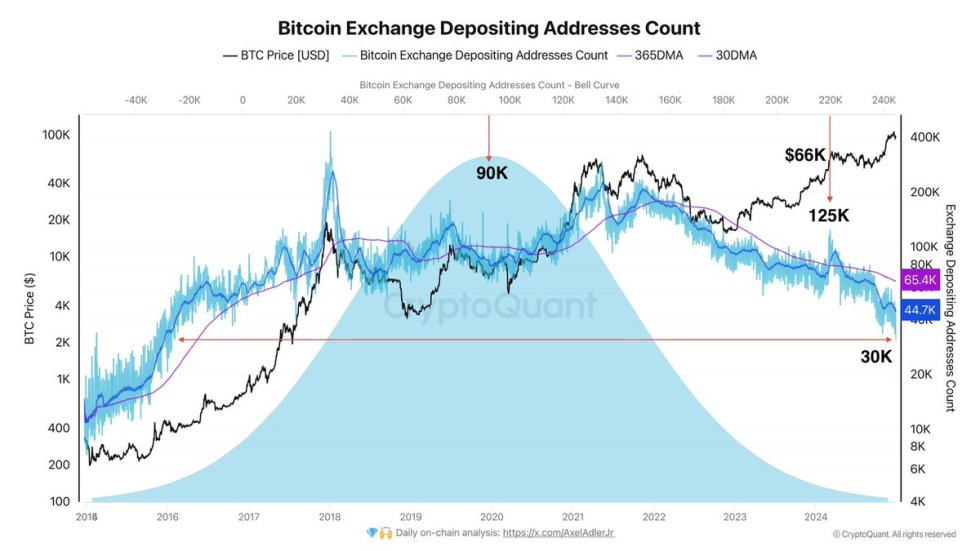


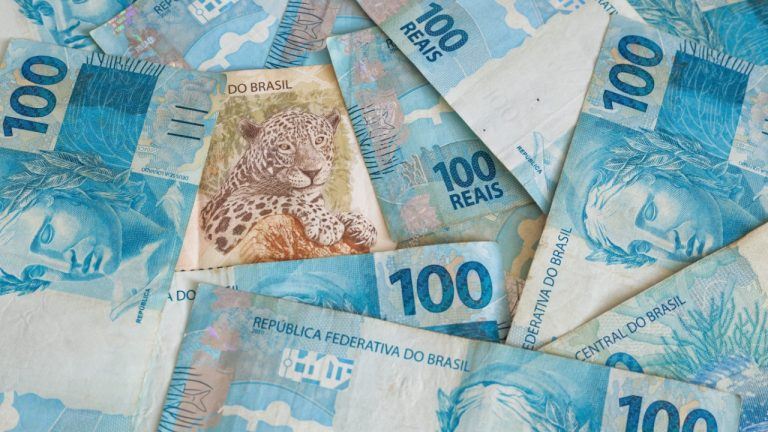
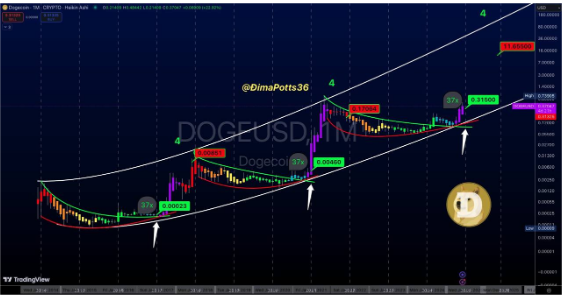




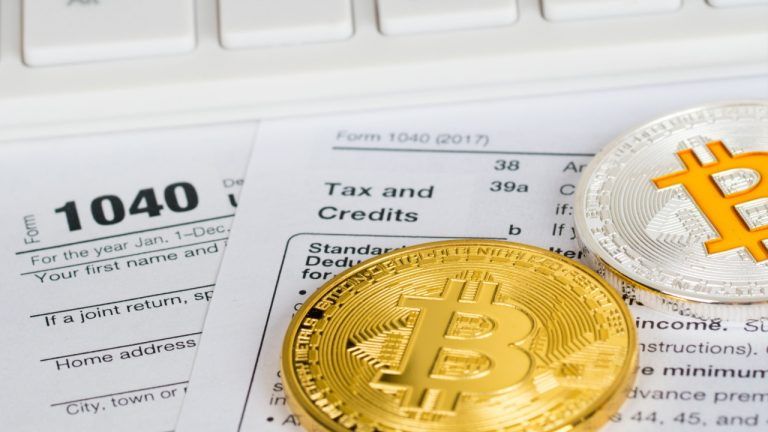
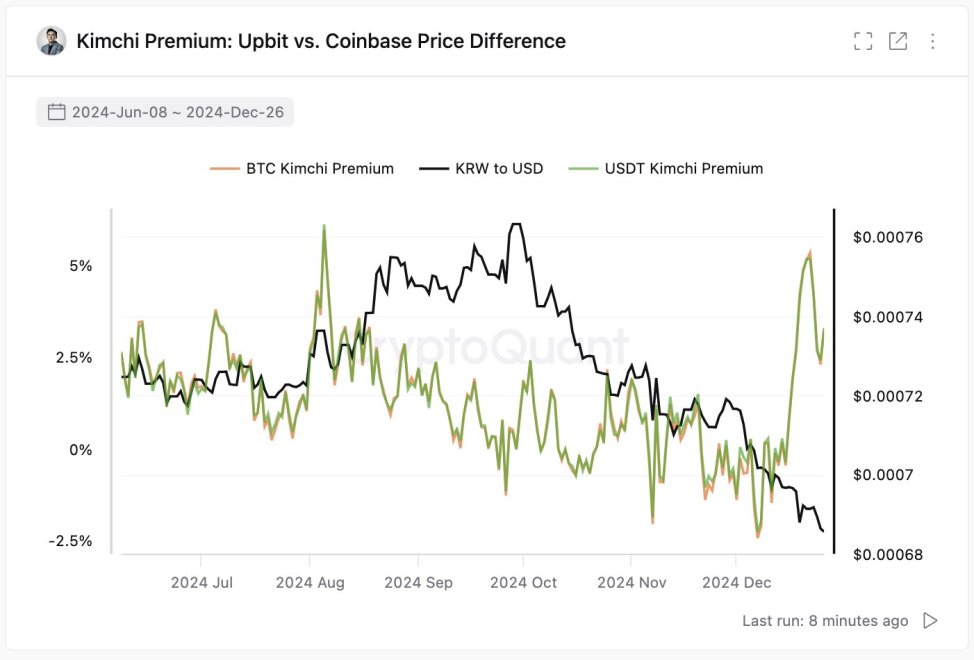


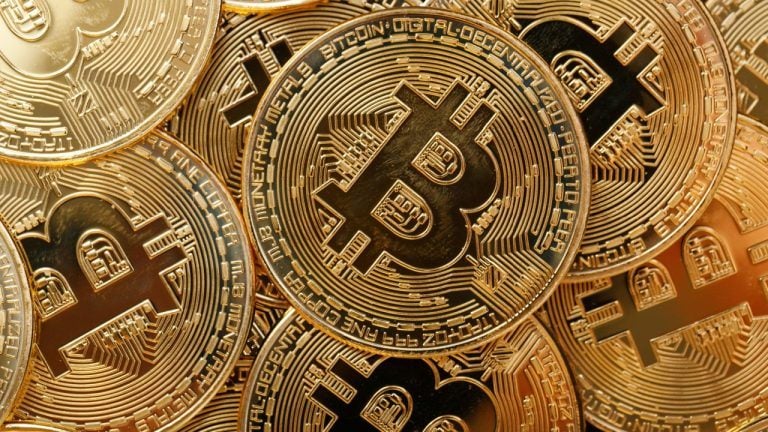

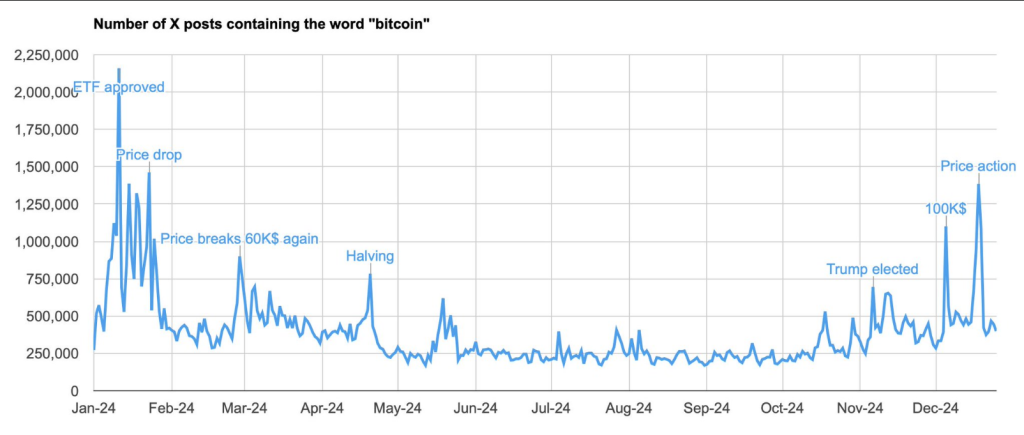
Comments